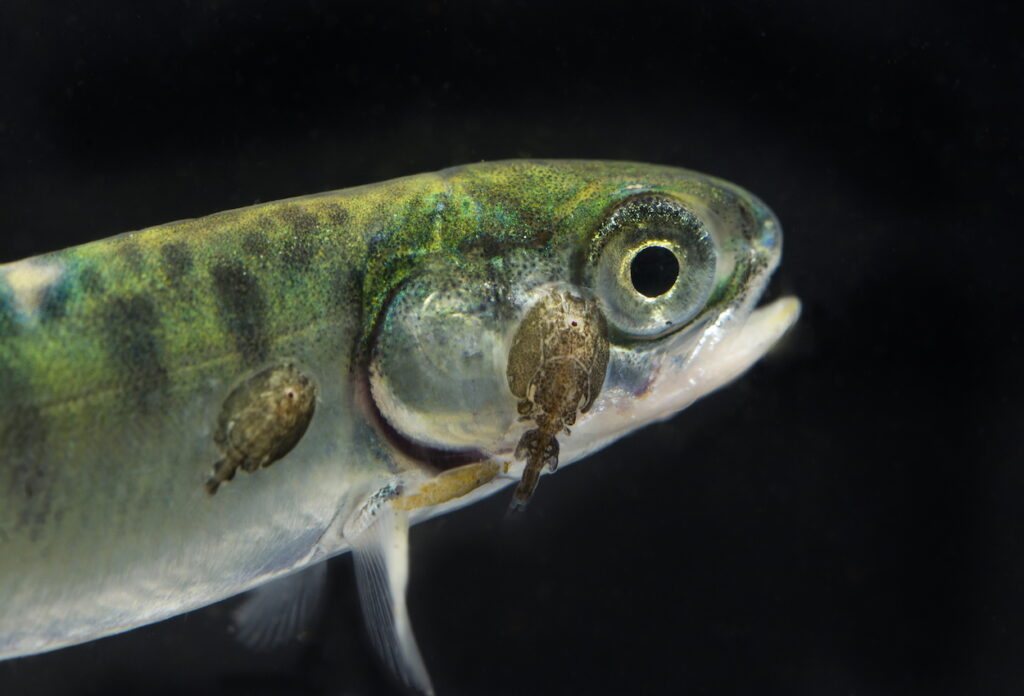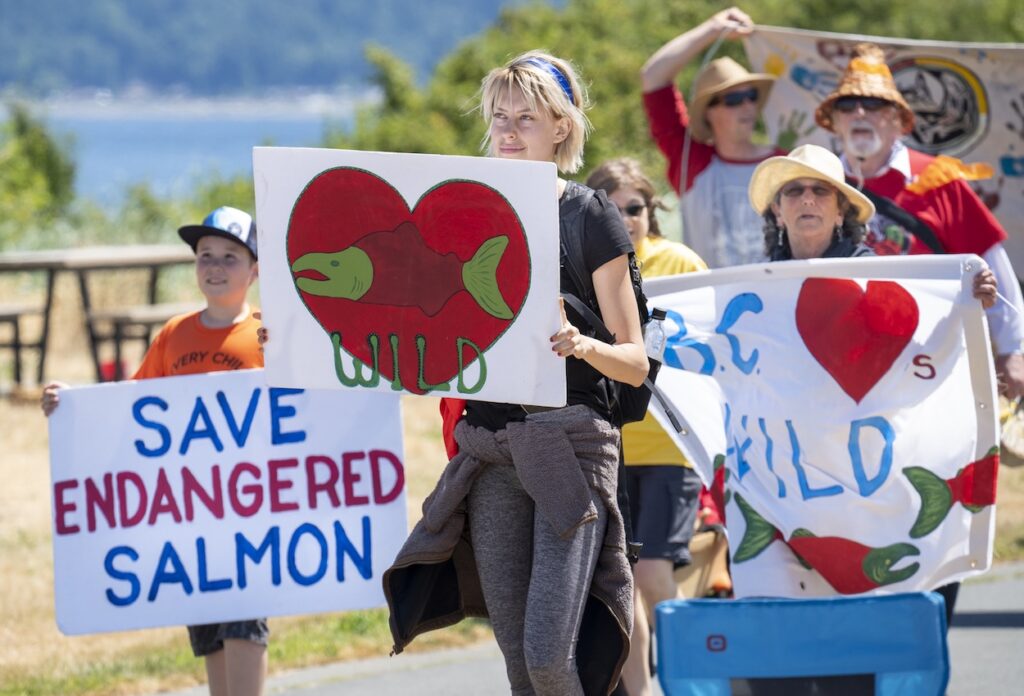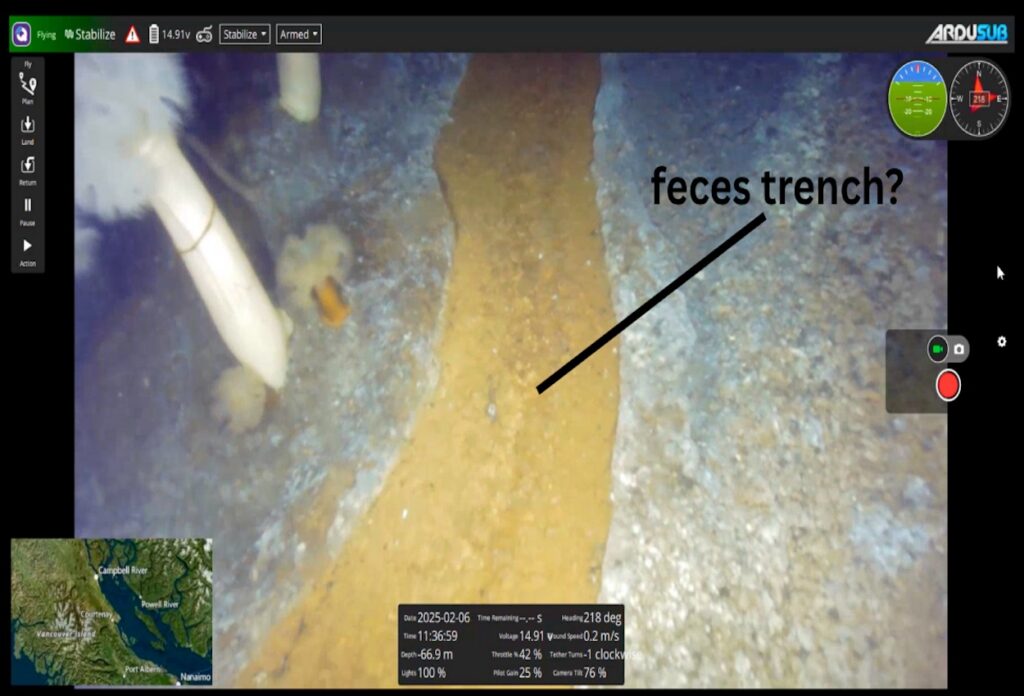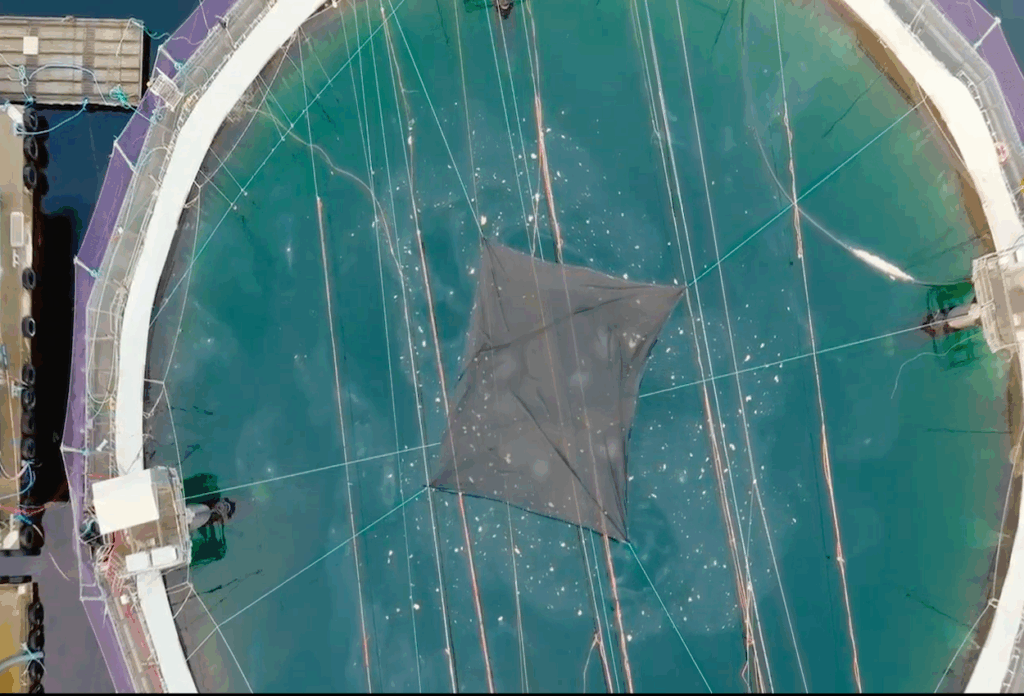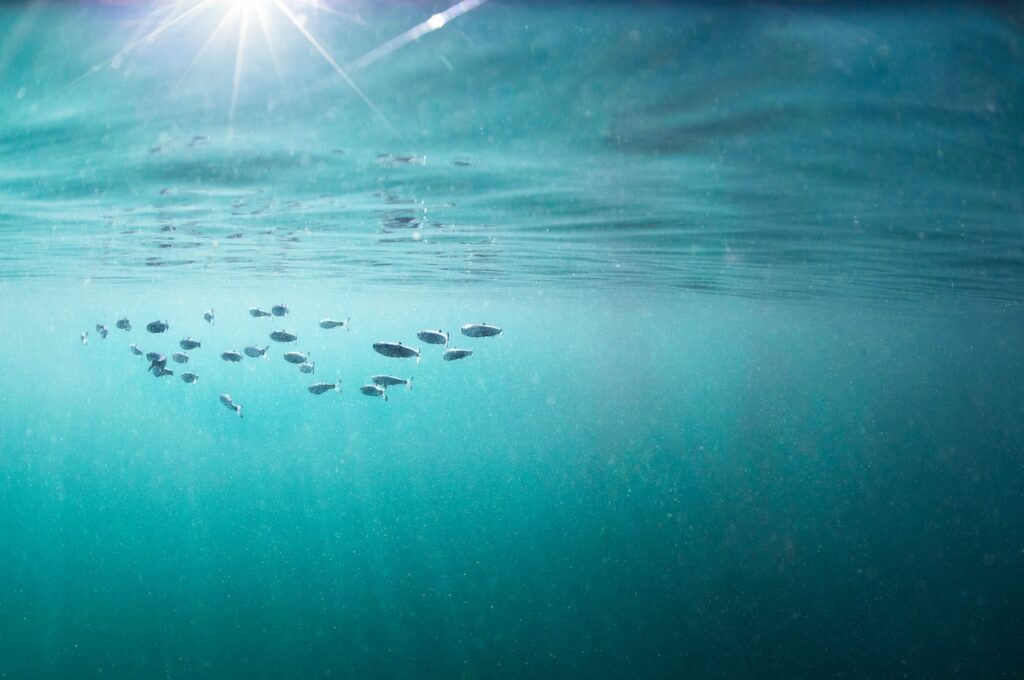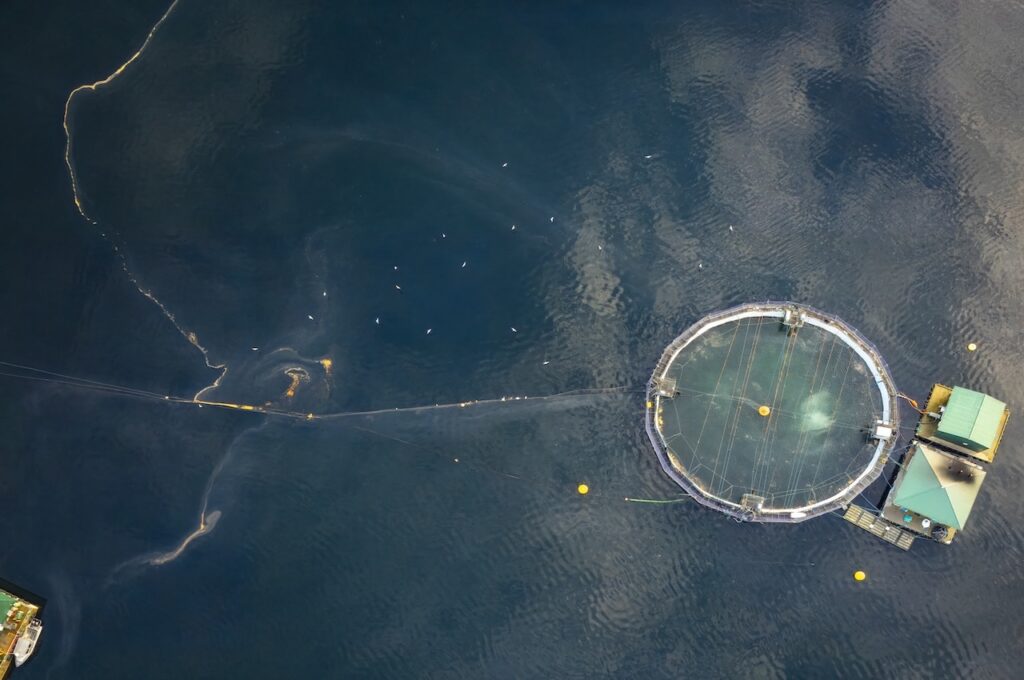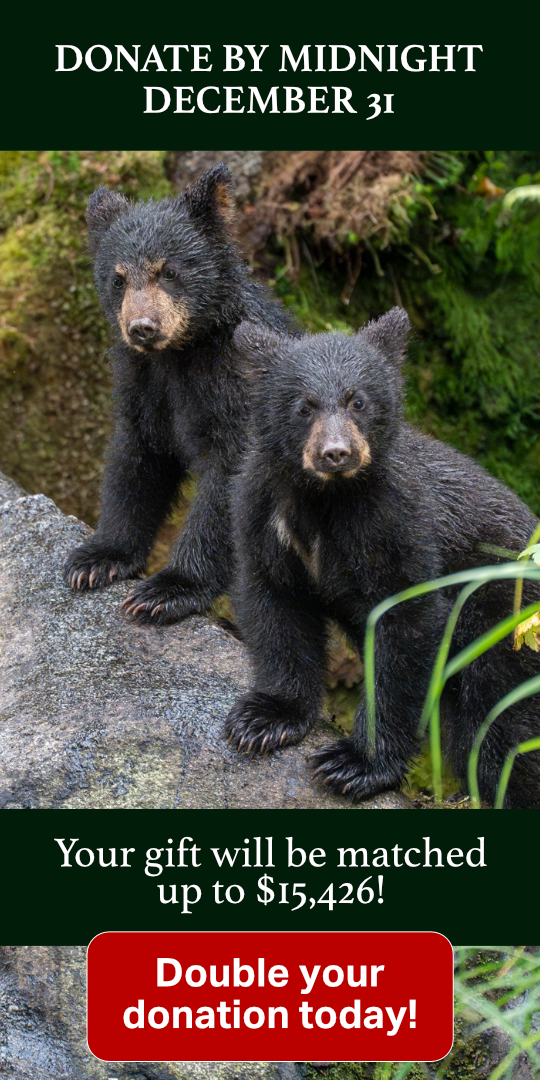Last fall, the Aqaculture Management Division (AMD) within the Department of Fisheries and Oceans (DFO) did a public consultation on how they would fulfill the 2019 Liberal election promise to “to develop a responsible plan to transition from open-net pen salmon farming in coastal waters to closed containment systems by 2025”. They recently released their “What We Heard” (WWH) report.
Many people spoke up. Thank you for using your voice! There were 2,890 responses to DFO’s online survey. There were also 37,500 emails from campaigns like Clayoquot Action’s (Haven’t sent yours yet? It’s not too late).
The precautionary principle
Wild salmon in British Columbia are in dire straits, with spawner returns at historic all-time lows. The science is clear that fish farms harm wild salmon, by amplifying pathogens and parasites. To the extent there is any opposing science (ironically, from industry-funded DFO studies), the DFO is mandated to use the precautionary principle.
The precautionary principle states: “where there are threats of serious or irreversible damage, lack of full scientific certainty shall not be used as a reason for postponing cost-effective measures to prevent environmental degradation.” Federal Fisheries Minister Joyce Murray stated this February, “Any extra stressor on those salmon that we do have control over needs to be managed”.
Unlike the climate emergency, fish farms can be removed with a pen stroke.
The transition plan must therefore focus on removing all salmon farms from BC waters by 2025. Instead, DFO has thrown the doors wide open. Rather than gathering input and developing a plan to remove salmon farms from BC waters as promised, they are working on a plan to “progressively reduce or minimise interactions between wild and farmed salmon”. In other words, the status quo as described by industry themselves!
The master’s tools…
Why is this going so wrong? Because DFO chose the wrong body to run this transition. Way back in 2012, the Cohen Commission recognised that one ministry could not on the one hand protect wild salmon, and at the same time promote the aquaculture industry. This is why Cohen Recommendation #3 reads: “The Government of Canada should remove from the DFO mandate the promotion of salmon farming as an industry and farmed salmon as a product.”
Cohen’s Recommendation #4 calls for the addition of a new director of fisheries to implement Canada’s Wild Salmon Policy, with full funding and annual reports. Essentially, a department dedicated to the conservation of wild salmon!
Fast forward to March 2023, when the Standing Committee on Fisheries and Oceans (FOPO) issued a scathing indictment of DFO science. They again recommended implementation of Cohen’s third and fourth recommendations.
However, Cohen’s recommendations have not been implemented. So when it is time to consider the future of fish farming in BC waters, the AMD is still mandated to promote the salmon farming industry. It reminds me of Audre Lorde’s provocative admonishment, “The master’s tools will never dismantle the master’s house”.
“Diversity of views” not quantified
The WWH report states that they heard a diversity of views. But they fail to quantify their findings. So it’s just “some people said this” and “others said that”, with no clue provided as to which was the majority view.
Over 100 First Nations in BC are calling for removal of fish farms from BC waters, as well as the Union of BC Indian Chiefs, the BC Assembly of First Nations, and First Nations Wild Salmon Alliance. Polling shows that 75% of British Columbians want salmon farms removed from BC waters.
The Transition Planning Team found almost exactly the same results. Yet they hid those in ‘ANNEX B’, on page 31 of their 34 page report. Here you will find that 78% of respondents want fish farms removed from the water, with economic supports focussed “into other sectors not related to aquaculture” (such as tourism).
The report goes on to say “In general…Industry Representatives support a transition to…salmon aquaculture industry which drives innovation and supports the use of new technology”. In other words: ‘slow down here, we’ll keep on innovating and tweaking unproven and unworkable technologies in the ocean, until the last wild salmon is gone’.
This is not polarized
The Department’s Framework for Discussion states: “There are strongly held, polarized views among Canadians on the benefits and risks of open-net pen salmon aquaculture in BC”. Political polarization is defined as “the divergence of political attitudes away from the center, towards ideological extremes”. That’s not what is happening here: the removal of salmon farms is supported by all the groups mentioned above, as well as the entire west coast commercial salmon fishing fleet and the union which represents the shoreworkers, tenders, and fishers.
The salmon farming industry’s only support comes from people who directly benefit, whether they are First Nations, workers, bosses or shareholders. The membership of Nations and family members of workers are willing to (and do) speak out against salmon farms.
Industry’s wildest dreams
The report then goes on to articulate the salmon farming industry’s wildest dreams: a ten-year transition process to allow technological innovation (and “experimental failures”), longer license durations to attract investment, and incentives such as an increase in the permitted biomass (ie bigger facilities with more farmed salmon).
There is no ocean-based closed containment system which can grow fish to market size. If the Minister charts a path as described by the Aquaculture Management Division, we will see an attempt by industry to experiment with technologies which have been proven to not succeed at rearing farmed salmon, let alone protect wild salmon.
Time for bold action
The Framework for Discussion and the What We Heard report both refer to the need for “bold action” to protect wild salmon. Yet the AMD and industry seem to be calling for the status quo.
As Fisheries Minister, Joyce Murray’s primary responsibility is to protect wild salmon. As she stated recently, “When it comes to protecting and restoring BC’s wild salmon, failure is just not an option”…
Dan Lewis is Executive Director of Clayoquot Action.
